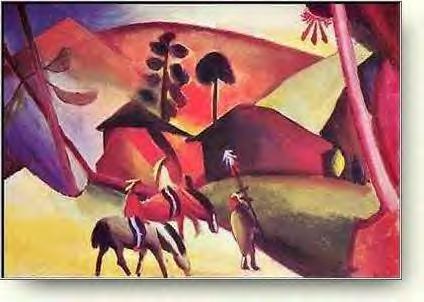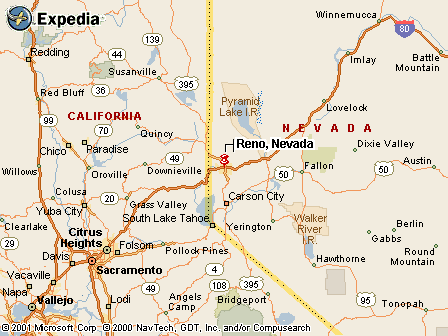|
|
Canku Ota |
|
|
(Many Paths) |
||
|
An Online Newsletter Celebrating Native America |
||
|
June 30, 2001 - Issue 39 |
||
|
|
||
|
Tribes Try to Restore Native Languages |
||
|
by Rhina Guidos Reno Gazette-Journal- June 28th, 2001 |
 Hilman Tobey
dreams that his grandchildren one day will speak the language native to the Nevada region where they are from. Hilman Tobey
dreams that his grandchildren one day will speak the language native to the Nevada region where they are from.And he’s not talking about English. “Back in those days,” said the 86-year-old from Pyramid Lake, “the kids got together and they spoke Paiute. That’s all they spoke. The only time we spoke English was in school.” On Wednesday, Hilman and about 30 members from Nevada’s Washoe, Paiute and Shoshone tribes celebrated the region’s native languages with a picnic at Rock Park, marking the accomplishments of native language students from the Reno-Sparks Indian Colony. Language masters like Tobey and Florence Millett, a Shoshone speaker, mingled with students trying to revive words born before settlers arrived in the Silver State. “I was sent back home from the public school until I could learn a few words of English,” Millet said. Today, she spends time teaching her granddaughters and other Shoshones the language she was surrounded by as a child on the Duckwater Reservation of Nevada. “Hopefully, one day my children will be teaching in my place,” she said, as her 6-year-old granddaughter Brittany Thomas, of Wadsworth, counted to 10 in Shoshone. “That’s the only way we’ll be keeping it alive.” At the beginning of the event, Jan Gardipe offered a prayer for the well-being of all people and the well-being of the native culture and language. “The language is the heart of our people,” she said. Although they were born speaking the Paiute language, Thelma Delorme, of the Reno-Sparks Indian Colony, and Margaret Jackson, of Hungry Valley, now think, speak and dream in a language not their own. Jackson lost it while attending the Stewart Indian School in Carson City, where American Indian children were taught to forget the ways of their culture. Delorme lost it while she was attending the public school in the city. “We were ashamed to speak it in the public schools,” Delorme said. “But my mom always tried to teach us.” Today, both say it is never too late to try. “This celebration means a lot to me,” Jackson said. “At that time, we didn’t have a choice. It was either speak the white man’s language or … But we’re here to celebrate the fact that we are speaking our language again, that it’s part of our culture. This is like being reborn again.” |
|
|
|
Shoshone Language-Hear
It! |
|
Shoshone Language-Free Ware |
|
Paiute Language |
|
Native Nevada Tribes |
|
|
||
|
|
||
| Canku Ota is a free Newsletter celebrating Native America, its traditions and accomplishments . We do not provide subscriber or visitor names to anyone. Some articles presented in Canku Ota may contain copyright material. We have received appropriate permissions for republishing any articles. Material appearing here is distributed without profit or monetary gain to those who have expressed an interest. This is in accordance with Title 17 U.S.C. section 107. | ||
|
Canku Ota is a copyright © 2000, 2001 of Vicki Lockard and Paul Barry. |
||
|
|
|
|
|
The "Canku Ota - A Newsletter Celebrating Native America" web site and its design is the |
||
|
Copyright © 1999, 2000, 2001 of Paul C. Barry. |
||
|
All Rights Reserved. |
||

